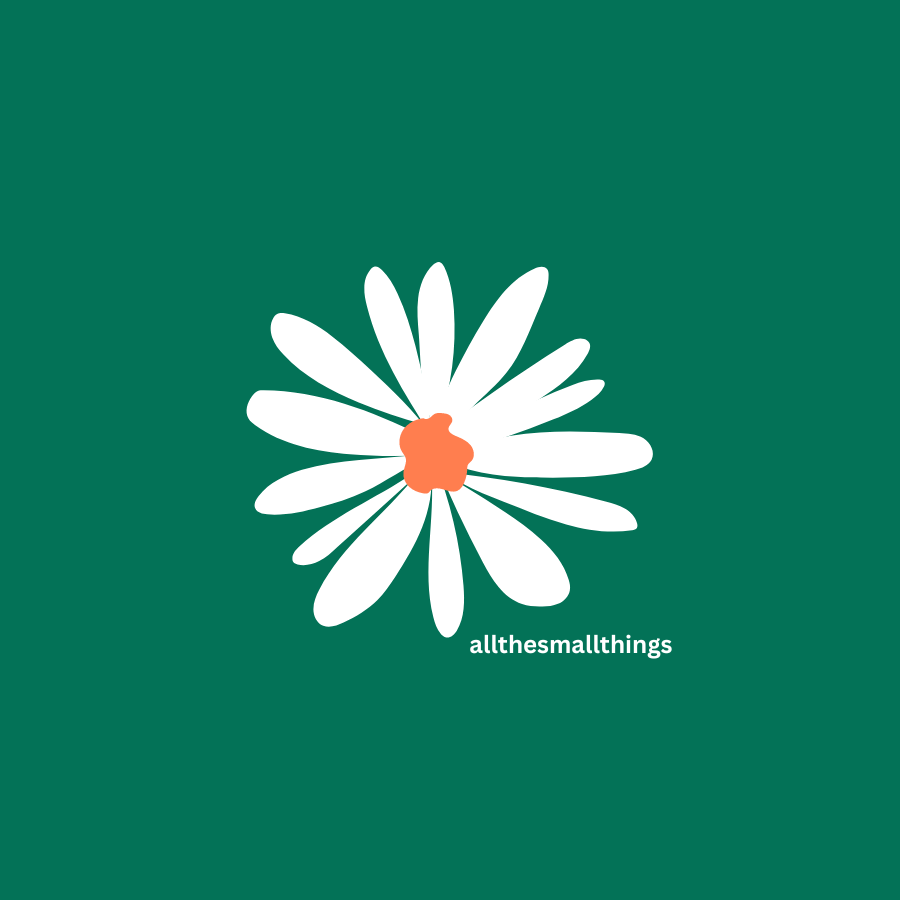How the Very Hungry Caterpillar helps us remember

Storytelling is beneficial for language development and creativity. We can also use stories to promote the development of deliberate memory, logical thinking and self-regulation. (Tools of the Mind; Bedrova & Leong, 2007).
Through retelling familiar stories and inventing new ones, children are encouraged to play within a well defined sandbox, meaning, some rules exist for this kind of play to adequately take place. For example in playing a game such as the One Sentence Story, a child is free to make creative choices in inventing a scenario or character but must simultaneously learn to make choices that are logical in order to contribute to creating a coherent story. Thus, the rule followed is: the story must make sense.

Storytelling helps us learn about the general patterns common to all stories. We figure out how to place events in a logical order (beginning, middle and end), discover the how and why to promote causal thinking such as in The Very Hungry Caterpillar who needs to eat lots of food in order to store up enough energy to spin a cocoon and sleep for 10 days in in order to transform into a butterfly.
Young children sometimes need assistance in retelling of stories. Providing children with strategies to develop memory empowers them to be successful in such memory tasks and games. We can use mediators such as pictures, words and symbols to help us remember and develop our thinking tools. The very nature of theatre lends itself in a wonderful way in developing such capacities, we can use props and puppets as mediators to help us recall in the instance of the Hungry Caterpillar we see 4 strawberry props to help us remember the line of dialogue “On Thursday he ate 4 Strawberries”.

Our first official class invited little bodies to little bodies to ignite their imaginations and get comfortable practicing “body-control”. Pukka refers to “self-regulation” as “body-control”. It is something that we look to develop in children through engaging in an active practice. We define “Body-control” as the “the capacity to stay on task and practice managing one’s own thoughts, feelings and body”.
We start off with a guided and abridged telling of The Very Hungry Caterpillar where the children are asked to engage in pantomime reenactment of the story led by the facilitator. This way we are introduced to the story in a fun way, wriggling our bodies about like caterpillar as we move around the space looking for the different (imaginary) foods to gobble up, helps us stay engaged for sustained periods of time.

After forming a circle around our story board to see if we could retell the story using our food props and puppets, being mindful of taking turns, each child practices telling parts of the story using the appropriate puppets and props. At the end of it all, we lay out our puppets in the order in which they appeared and reflect on what we learned.

We learned that someone’s dad snores every night in the same way as the caterpillar in his cocoon. We found out that using numbers helped us remember which foods came after which, the caterpillar at two pears and then three plums and so on. AND we discovered the lifecycle of butterfly. And so the world of stories has started us off on a learning adventure.
Sign up for our workshops: https://www.pukkatheatre.com/schedule-workshop/ or email: pukkatheatre@gmail.com
